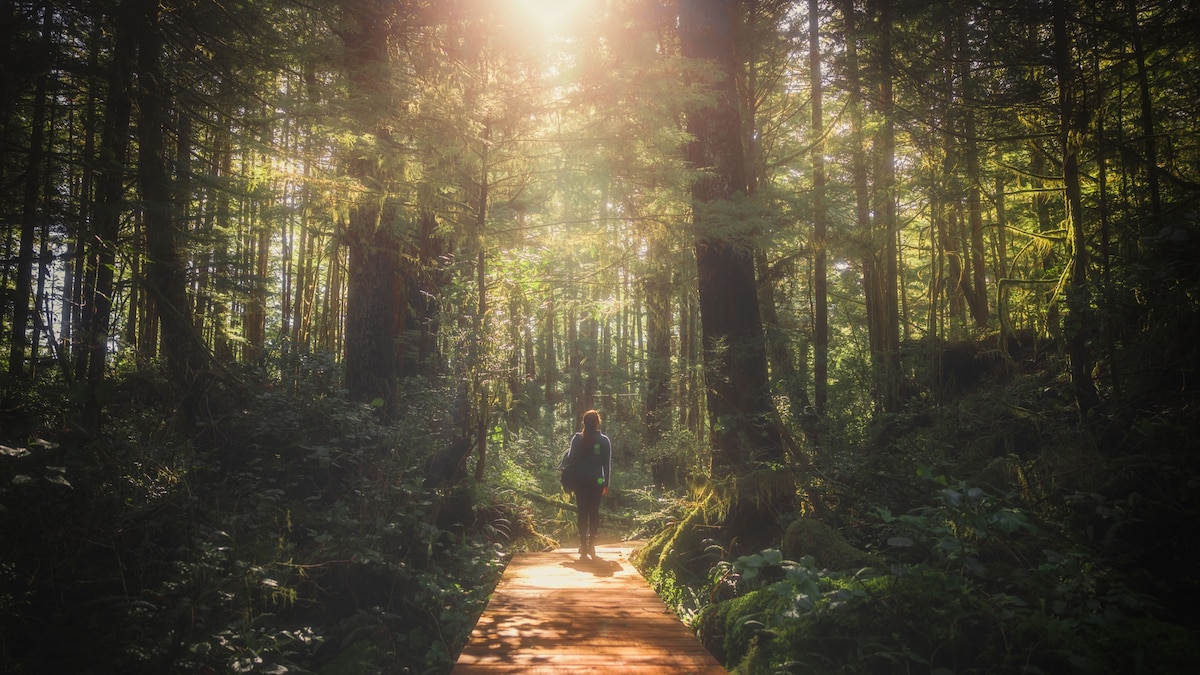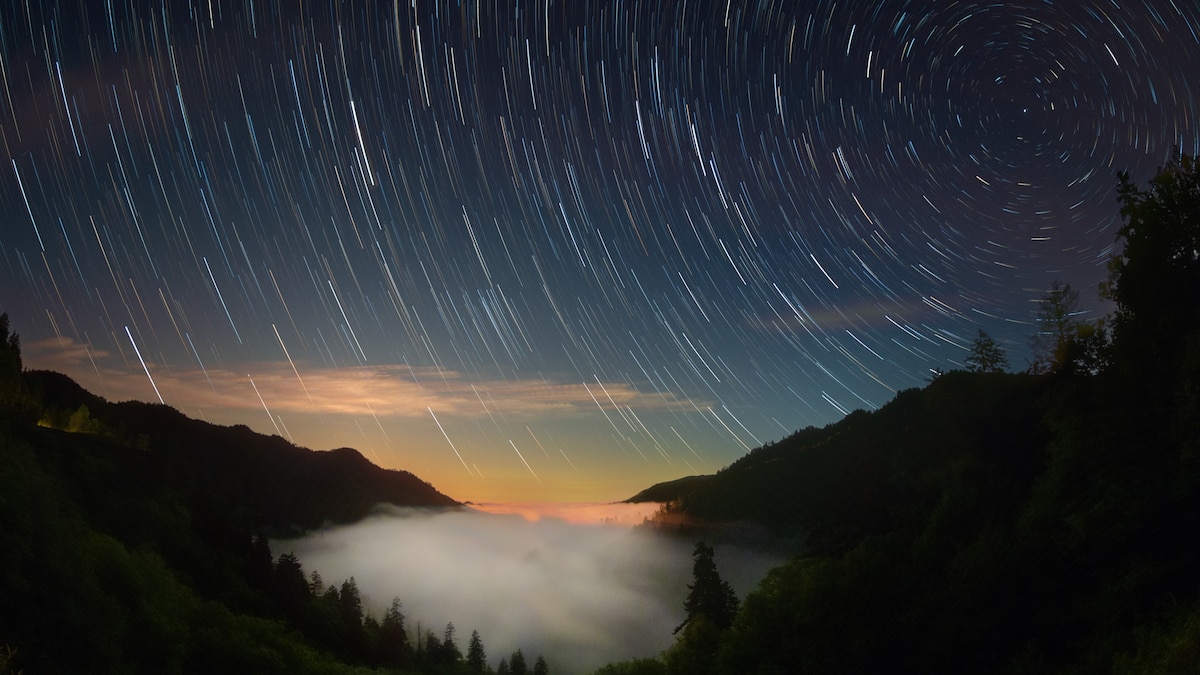Now Reading: Wellness Meets Wildlife: The Rise of a New Travel Trend
-
01
Wellness Meets Wildlife: The Rise of a New Travel Trend
Wellness Meets Wildlife: The Rise of a New Travel Trend

Rapid Summary:
- Rise in wellness-focused travel integrated with nature and wildlife encounters.
- Research highlights the physical and mental health benefits of experiencing nature, including reduced stress, improved focus, and feelings of awe.
- Wellness safaris focusing on wildlife are gaining popularity globally, offering activities like silent bush walks, sound baths, game drives, yoga sessions amidst wildlife.
- Specific examples include Londolozi Healing House (Kruger National Park), Our Habitas Namibia (Kalahari desert), Wildlife & Yoga retreats in Kenya’s Highlands.
- Experiences blend mindfulness practices with wilderness immersion such as observing marine life at Nimmo Bay or open-air painting sessions at wellness safaris like Grit & Grace Adventures in Botswana.
- Regenerative and philanthropic trips encourage travelers to contribute to conservation efforts directly. For example:
– Playa viva hotel supports sea turtle hatcheries lead by biologists with guest involvement.- Volcanoes Safaris incorporates gorilla tracking alongside enduring community projects across African lodges.
Indian Opinion Analysis:
This emerging trend of combining wellness tourism with nature immersion reflects a growing thankfulness for sustainable travel practices. For India-a nation that boasts diverse ecosystems ranging from dense forests to coastal mangroves-there is immense potential to adapt similar models domestically. India already has ecotourism destinations such as Corbett National Park or Sundarbans tiger reserves; further integration of mindfulness-based experiences could attract global travelers seeking deeper connections with local biodiversity.
Additionally, fostering conservation-driven tourism could help raise awareness about endangered species while providing economic benefits to rural communities living close to India’s ecological hotspots. However, proper management will be crucial to ensure low environmental impact and prevent exploitative commercialization that undermines conservation goals.
Read More: Wellness Travel in Nature
























